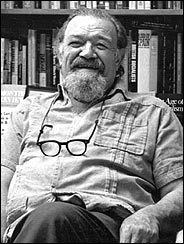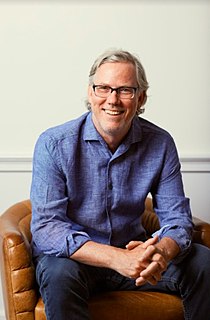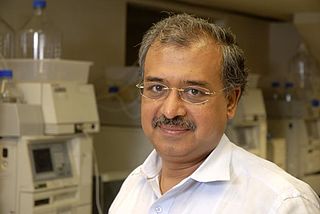A Quote by Satish Kumar
We are not slaves of the market. Our human life has a greater meaning than making money, making profit, and working for the market or for multinational corporations.
Related Quotes
What corporations fear is the phenomenon now known, rather inelegantly, as 'commoditization.' What the term means is simply the conversion of the market for a given product into a commodity market, which is characterized by declining prices and profit margins, increasing competition, and lowered barriers to entry.
I'm against the theory of the multinational corporations who say if you are
against hunger you must be for GMO. That's wrong, there is plenty of
natural, normal good food in the world to nourish the double of humanity.
There is absolutely no justification to produce genetically modified food
except the profit motive and the domination of the multinational
corporations.
I want to be compensated. If I'm working at the post office, and I'm sorting the same mail as the person to the right, and they're making $25 an hour and I'm making $21, I need to know what is this person doing so much better that he's getting $4 more than me. That's just knowing the market and being a smart businessman.
We must continue to liberalise the single market, cut red tape and basically create a digital single market. We have not completed the single market yet, there is not sufficient free movement of goods, labour, services and money. We have to keep on working at that against all the protectionist tendencies that we have right now.
I do think that copyrights and intellectual property are important - it's important to be able to keep people from making verbatim copies of a particular creation that could somehow hurt the creator. If I spend time conceiving and making a piece of art and somebody else sees that it has market value and replicates it in order to steal part of my market, then that's not cool.
The investor is neither smart not richer when he buys in an advancing market and the market continues to rise. That is true even when he cashes in a goodly profit, unless either (a) he is definitely through with buying stocks an unlikely story or (b) he is determined to reinvest only at considerably lower levels. In a continuous program no market profit is fully realized until the later reinvestment has actually taken place, and the true measure of the trading profit is the difference between the previous selling level and the new buying level.




































